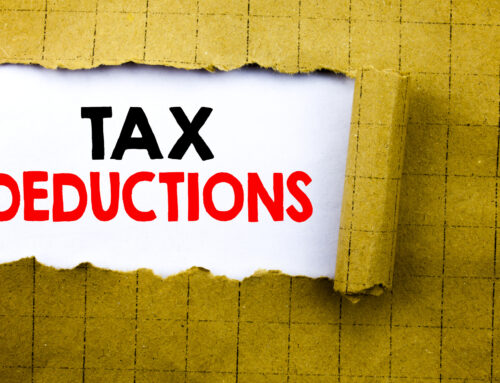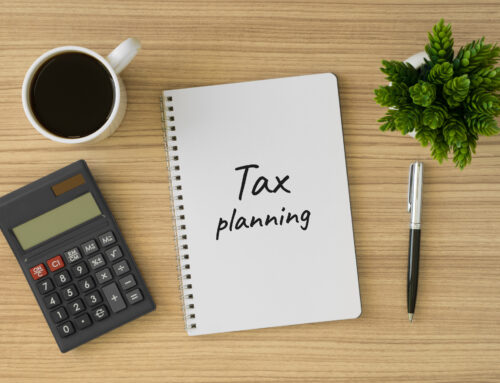
Do you know how your investments are taxed? What about strategies to reduce your tax burden when it comes to your investments? If you answered no to either of these questions and you currently have a long-term investing portfolio, this article is for you.
Let’s take a quick look at what is actually taxed when it comes to your investments:
- Capital gains: This is the profit you realize from selling an asset that has increased in price, such as a stock or a property.[1] You usually aren’t taxed until you actually sell the asset that has increased in value.[1]
- Dividends: In general, the dividends that have been paid to you count as taxable income in the year they’re received.[1]
So, what are some strategies to potentially reduce your tax burden?
- Be aware of the rules for long-term capital gains
When it comes to capital gains, if you’ve held an investment for a year or more, then there is a possibility that when you sell that investment, the capital gains tax may be drastically reduced. So, if you’re considering selling an asset, keep that in mind.[1]
- Consider a traditional IRA
An IRA may allow you to grow your wealth while taking advantage of various tax benefits. One thing to keep in mind is that an IRA is a retirement account, so you won’t be able to access these investments until you reach retirement age.[1] But if you are okay with that arrangement, traditional IRAs are contributed to pre-tax. So, when you contribute your money to a traditional IRA, you can do it with money that has not yet been taxed (though you will have to pay taxes when you withdraw from the account).[1] It’s important to note that beneficiaries who inherit traditional IRAs will have to pay taxes.[2]
- Consider a Roth IRA
Roth IRAs are a little different–your contributions to a Roth IRA are not deductible on your taxes.[1] Contributions to Roth IRAs are made after your money has been taxed.[1] However, the benefit of a Roth IRA is that if you follow various rules for withdrawal, you can avoid taxes on the income of these investments. Beneficiaries who inherit Roth IRAs will not have to pay taxes.[2]
These aren’t the only tax strategies that are out there! When it comes to finding what works for you, it can help to have an experienced professional in your corner. If you are looking for tax strategies beyond just the basics, consider reaching out to one of our professionals for a no-cost assessment of your financial situation.
[1] https://www.bankrate.com/investing/tax-efficient-investing-guide/
[2] https://www.bankrate.com/retirement/inherited-ira-rules/#inherited-ira-rules-7-key-things-to-know






